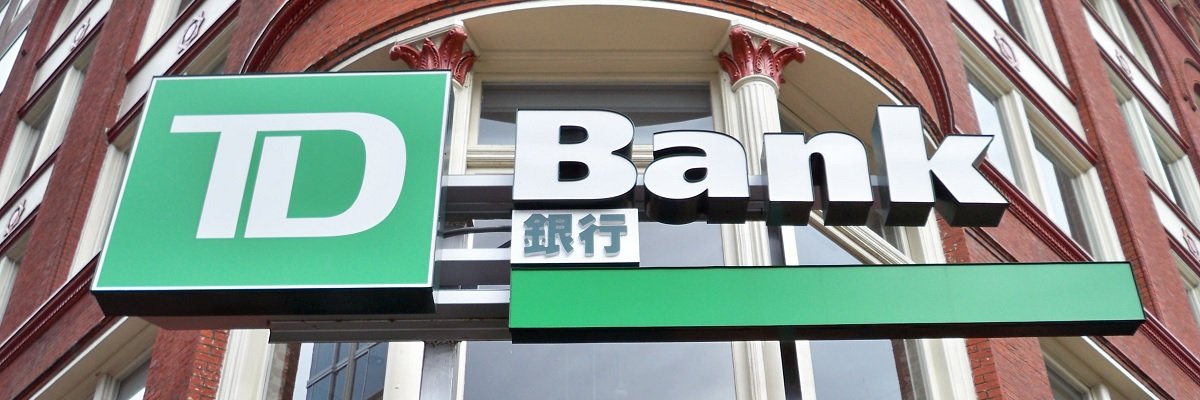The federal government is withholding records on TD Bank’s role in a $1.2 billion Ponzi scheme despite a series of settlements, charges and fines against the bank in the four years since the fraud collapsed.
Florida lawyer Scott Rothstein swindled investors by selling them the promise of long-term payouts from non-existent corporate settlements to non-existent victims. Considered the fourth largest financial fraud in history, Rothstein’s scheme collapsed in October 2009.
Rothstein was sentenced to 50 years in prison in 2010. Since then, federal regulators have targeted TD Bank for making the whole thing possible, saying the bank played a “key supporting role” in the Ponzi scheme.
But it’s still unclear what, exactly, TD Bank did — or failed to do — in allowing the boondoggle bonanza to flourish. And the government is refusing to produce the documentation that provides an answer.
Federal investigators with the Office of the Comptroller of the Currency highlighted a series of “alerts” triggered by Rothstein’s accounts in explaining their charges. If bank officials had been responsible, they would have paid attention to the alerts and rooted out the fraudster, the OCC said.
But this explanation raises almost as many questions as it answers: How clearly did the alerts raise the red flag? How many warnings did the bank receive? How many bank officials saw the alerts?
The Security and Exchange Commission denied MuckRock’s FOIA request for copies of the alerts because releasing them, the agency said, could “reasonably be expected to interfere with enforcement activities” in the future.
It’s been four years since Rothstein’s scheme collapsed. There’s no sign criminal charges will be filed against TD Bank or its officials. The Security and Exchange Commission’s response to the request did not say how releasing the alert records would compromise law enforcement plans.
There’s no sign of ongoing regulatory action against the bank, either. Between the OCC and SEC, the bank has paid a total of $52.5 million in connection with Rothstein’s scheme — essentially []“a slap on the wrist” for the Toronto-based megolith that pulled in $23 billion in revenue last year, according to Bloomberg.
The SEC also denied MuckRock’s request for two other sets of records: A series of incriminating “lock-letters” delivered to investors and TD Bank’s initial response to regulators’ inquiry.
The lock-letters contained promises sent to investors by Frank Spinosa, the regional bank vice-president facing civil charges, saying their money was essentially secure. For instance, Spinosa told investors one empty account had $20 million in it, according to the SEC.
The SEC denied the request for the lock-letters under the same FOIA exemption it cited in denying the records of the alerts. It was also the reason they gave in refusing to turn over the Wells notice and Wells submission.
The SEC sends the Wells notice to banks to explain that it is considering regulatory action against them; banks reply in what is called the Wells submission. The SEC can only deny a request for Wells records if an investigation is ongoing, an article in The Colorado Lawyer says.
Since the charges were announced in a settlement with bank officials, it’s possible regulators identified more wrongdoing at the bank than was publicly announced.
The Office of the Comptroller of the Currency also denied an identical request, saying that turning over the documents would disclose trade secrets.
Image by Matthew G. Bisanz via Wikimedia Commons and is licensed under CC BY-SA 3.0

